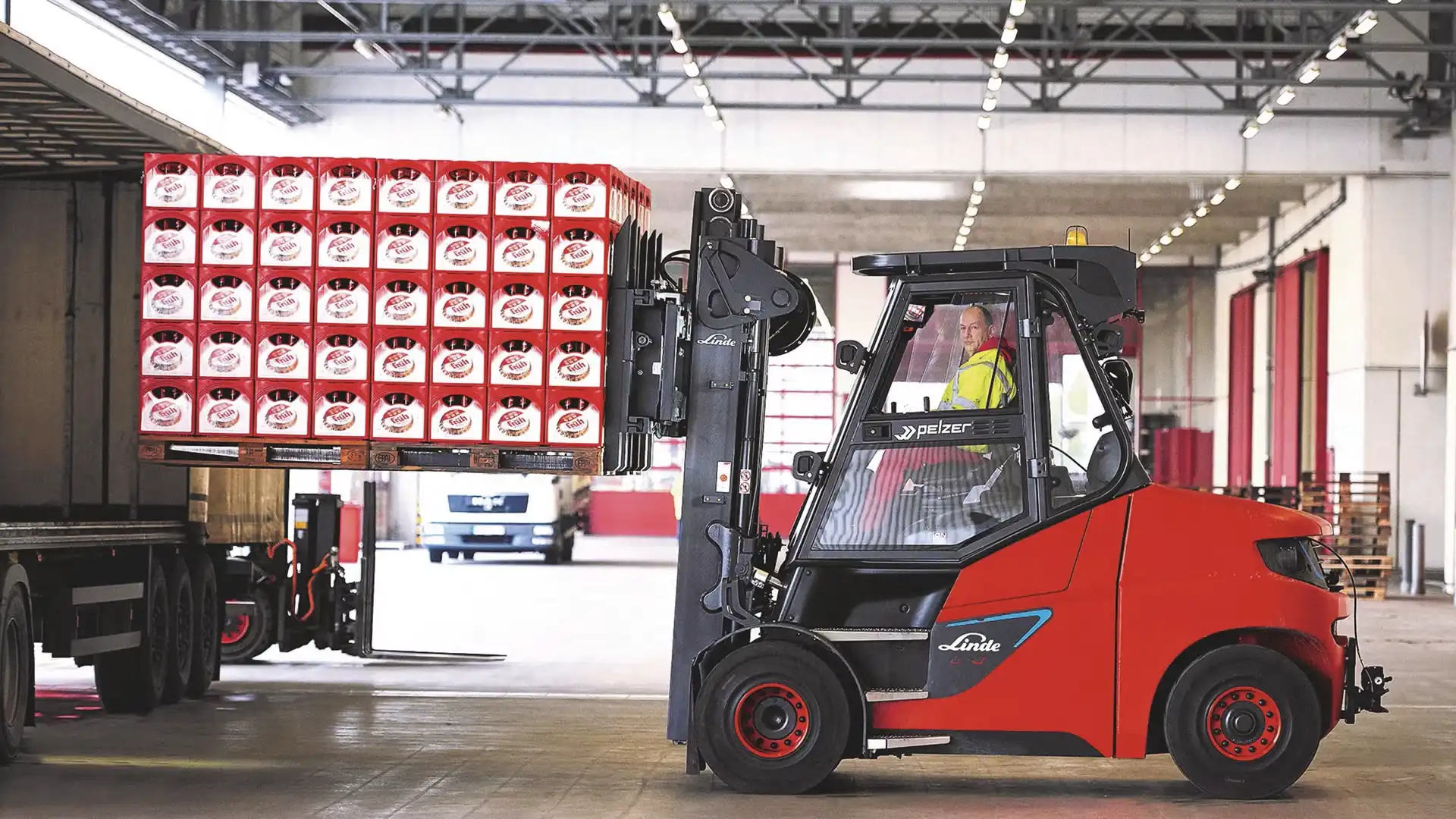The Impact of Technology on Forklift Truck Sales: Driving Innovation and Efficiency
In recent years, the forklift truck industry has witnessed significant transformations driven by technological advancements. These innovations are reshaping the market, enhancing efficiency, and meeting the evolving demands of various industries. This article explores the impact of technology on forklift truck sales and how it is revolutionizing material handling operations.
1. Automation and Autonomous Forklifts
One of the most profound impacts of technology on forklift truck sales is the rise of automation and autonomous forklifts. Automated Guided Vehicles (AGVs) and autonomous forklifts are becoming increasingly popular in warehouses and manufacturing facilities. These machines are equipped with advanced sensors, cameras, and navigation systems, allowing them to operate without human intervention. The benefits of automation include increased productivity, reduced labor costs, and improved safety. As businesses strive for efficiency, the demand for autonomous forklifts is expected to grow significantly.
 ForkLift | China Manufacturer Trade price on Materials Handling Fork-lifts Truck, Stackers, Industrial vehicles, Scrubbers, Transporters Sale Buy Online Industrial Equipment in USA/UK/India/Australia/canada | ForkLift/canada | ForkLift
ForkLift | China Manufacturer Trade price on Materials Handling Fork-lifts Truck, Stackers, Industrial vehicles, Scrubbers, Transporters Sale Buy Online Industrial Equipment in USA/UK/India/Australia/canada | ForkLift/canada | ForkLift2. Integration of Telematics and IoT
The integration of telematics and the Internet of Things (IoT) is transforming the forklift truck industry. Telematics systems provide real-time data on forklift performance, usage, and maintenance needs. This data-driven approach enables businesses to optimize fleet management, reduce downtime, and enhance operational efficiency. IoT solutions also facilitate predictive maintenance, allowing companies to address potential issues before they become major problems. The adoption of telematics and IoT is driving the demand for technologically advanced forklifts.
3. Electric Forklifts and Sustainability
Environmental concerns and stricter emission regulations are pushing the forklift truck industry towards sustainability. Electric forklifts are gaining traction as they offer several advantages over traditional internal combustion (IC) engine forklifts. Electric forklifts produce zero emissions, have lower operating costs, and are quieter. Advances in battery technology, such as rapid charging systems, are further enhancing the appeal of electric forklifts. As businesses prioritize sustainability, the sales of electric forklifts are expected to rise.
4. Enhanced Safety Features
Safety is a critical consideration in material handling operations. Technological advancements are leading to the development of forklifts with enhanced safety features. Modern forklifts are equipped with collision avoidance systems, proximity sensors, and advanced braking systems. These features help prevent accidents and protect both operators and goods. The focus on safety is driving the demand for forklifts with state-of-the-art safety technologies
5. Customization and Versatility
The demand for customized and versatile forklift solutions is on the rise. Technological advancements are enabling manufacturers to offer a wide range of options tailored to specific industry needs. Forklifts can now be customized with different load capacities, mast heights, and attachments. This versatility allows businesses to optimize their material handling processes and improve overall efficiency. The ability to customize forklifts to meet unique requirements is driving sales in various sectors.
6. Impact of E-commerce and Warehousing
The rapid growth of e-commerce is significantly impacting the forklift truck market. E-commerce companies require efficient material handling solutions to manage high volumes of orders and ensure timely deliveries. Forklifts play a crucial role in optimizing warehouse operations, enabling faster inventory turnover and reducing order processing times. As e-commerce continues to expand, the demand for forklifts in warehousing and distribution centers is expected to increase.
Conclusion
The impact of technology on forklift truck sales is undeniable. Automation, telematics, electric forklifts, enhanced safety features, customization, and the growth of e-commerce are all driving the market forward. As businesses seek to improve efficiency, reduce costs, and meet sustainability goals, the demand for technologically advanced forklifts will continue to rise. Staying informed about these trends is essential for companies looking to leverage the latest innovations in material handling. Embracing technology will be key to staying competitive and achieving long-term success in the forklift truck industry.